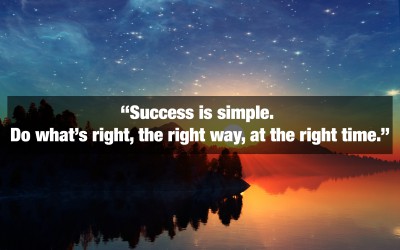Doing The Right Thing vs. Doing It Right
https://savethemarriage.com/stmblog/wp-content/themes/corpus/images/empty/thumbnail.jpg 150 150 Lee H. Baucom, Ph.D. Lee H. Baucom, Ph.D. https://secure.gravatar.com/avatar/669b7e375d93f77521ddaba08adb8063?s=96&d=blank&r=pg Today, I tackle a pretty sensitive subject: the difference between “Doing The Right Thing” and “Doing It Right.”
Today, I tackle a pretty sensitive subject: the difference between “Doing The Right Thing” and “Doing It Right.”
Let me be very clear: I believe that working to save your marriage is heroic work. It is pretty counter-cultural in our world of “throw away.” We do it with stuff and relationships. And “No Fault Divorce” (better called “Unilateral Divorce”) has made it simple. Or at least it has been made to seem simple.
I also believe that working on saving a marriage is courageous. It’s pretty scary to be in the middle of a crisis, and to CHOOSE to work on the relationship. That is the definition of courage — feeling fear, and choosing to act, anyway.
Sometimes, I watch people who want to do the right thing, but they don’t do it the right way. “No Contact Rule,” Reverse Psychology, hypnosis, spells. . . you name it, I see people try it.
And I watch their efforts fail. Their desire to change things is absolutely there. But the approach is in trouble. It kind of reminds me of deciding to diet, then choosing an ice-cream diet. Probably not going to get the results you want (although it does sound delicious).
Starting with the best of intentions is a great beginning point. But it has to be followed with an approach that works.
Let’s talk about Doing The Right Thing, AND Doing It The Right Way.
RELATED RESOURCES
No Contact Rule Is Crap
So Is Reverse Psychology
And Shortcuts Aren’t
And “Try Anything” Fails
But This System Works
Podcast: Play in new window | Download
Subscribe: RSS


